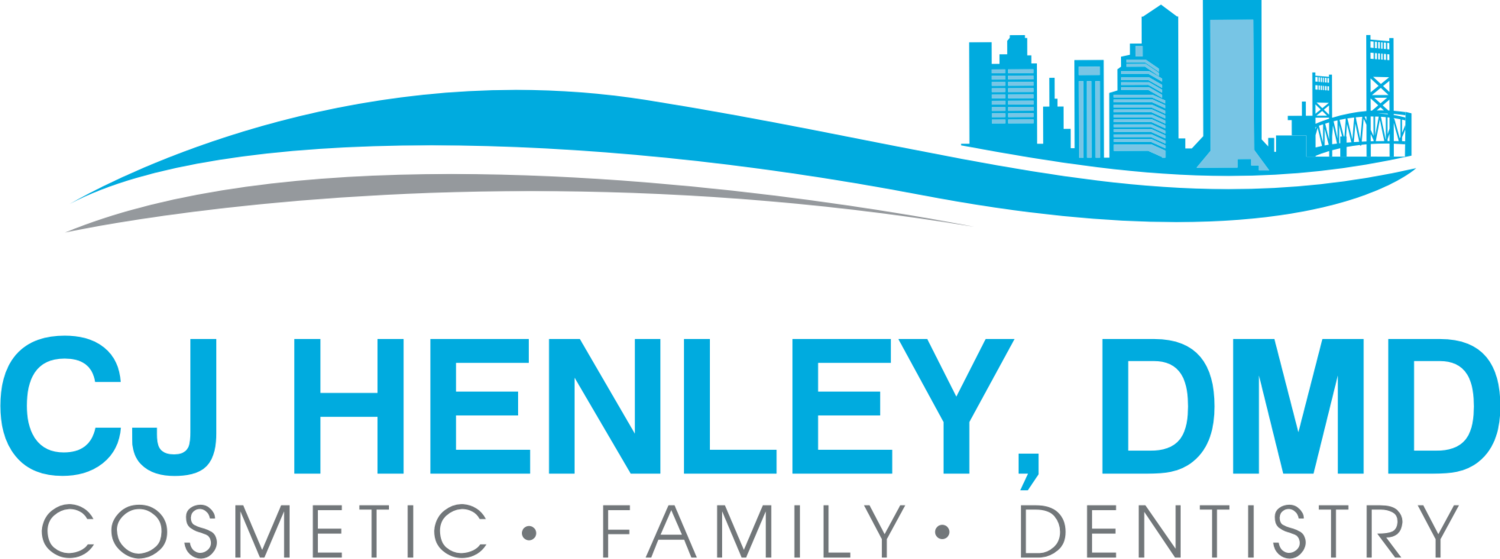WHAT IS DRY MOUTH?
Dry mouth, or xerostomia (zeer-o-STOE-me-uh), is a condition when the amount of saliva and/or the quality of your saliva is reduced. Typically this is because your salivary glands are not producing the necessary amount of saliva.
While saliva is primarily water, there are other important components of saliva that aid in digestion of food, help prevent bacterial and fungal overgrowth, aid in the taste of food, and aiding in the lubrication of food.
SYMPTOMS OF DRY MOUTH INCLUDE:
Dryness in your mouth
Saliva that feels thick or stringy
Sticky feeling in the mouth
Difficulty speaking, chewing, or swallowing
Changes in your sense of taste
Problems wearing dentures
More frequent tooth decay
Bad breath
WHAT CAUSES DRY MOUTH?
Medications: The vast majority of the patients suffering from dry mouth do so because of medications. Many medications cause dry mouth as a side effect. The typical patient that has some degree of dry mouth is taking several medications on a daily basis. It is important to note that over-the-counter medications can also cause dry mouth. Medications that are more likely to cause dry mouth are drugs used to treat depression, anxiety, ADHD, certain blood pressure medications, medications used to treat high cholesterol, and antihistamines.
Aging: Just because you are getting older does not mean that you will have dry mouth, however most patients, as they age will take more and more medications for management of varying conditions.
Treatment of cancer: Chemotherapy can alter the composition of saliva and/or the amount produced by your salivary glands. Often this is only transient, with normal salivary flow returning shortly after completing treatment. Radiation treatment, specifically to the head and neck can damage salivary glands permanently, causing a significant decrease in saliva production.
Other health conditions: Dry mouth can be a consequence of certain health conditions, including the autoimmune disease Sjogren's syndrome. Snoring and breathing with your mouth open also can contribute to dry mouth.
Methamphetamines: Use of methamphetamine use can cause severe dry mouth and damage to teeth, a condition also known as "meth mouth."
TREATING DRY MOUTH
There are many products available to help treat dry mouth. While many of them can be helpful, none of them are curative. Artificial saliva products are available over-the-counter in a rinse or spray. Biotene manufactures toothpastes, mouthwashes, and moisturizing gels that are specially formulated for dry mouth. There is a prescription drug, Salagen, that helps increase the natural production of saliva. Likewise, Evoxac is FDA approved prescription for the treatment of dry mouth in people with Sjögren's syndrome.
Our patients have had the most success with using Biotene Gel at night before bed time, sucking on sugar free lemon drops during the day as needed, and staying hydrated.
In cases of severe dry mouth a major concern is the increase in decay. Using a high fluoride toothpaste like Prevident can help prevent decay and expensive dental visits.
If you suffer from dry mouth, or have a family member who suffers from dry mouth, please contact our office in San Marco at 904.398.1549 to see how Dr. Henley can help.

